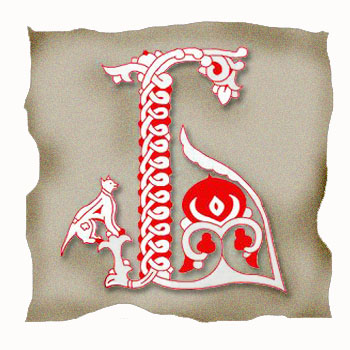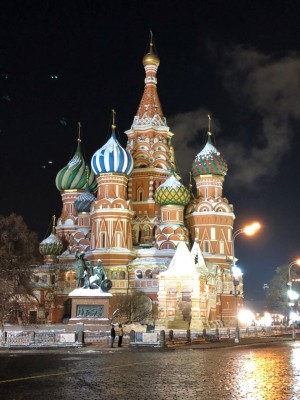Sometimes our clients ask: do you have a lot of demand for Russian lessons? And who are the people taking Russian lessons in London? Here are the answers.
The demand for Russian courses
There is definitely more demand for Russian lessons in London than there used to be, say, 15 years ago. In the 21st century Russian has become the common business language for all the ex-Soviet republics, as well as one of the most influential world languages. Russian culture, literature, music have always been well known and have been attracting a lot of interest. The volume of business with Russia and other Russian speaking countries has been growing, as well as the number of people who travel between Russian speaking countries and the UK.
Learning Russian for business purposes
The majority of our clients are learning Russian for business purposes: travelling, social interaction, understanding the culture and the people, and doing business in Russian. It’s really good to see that most big companies offer their employees language lessons during working hours, and are happy to pay for them. And I am really happy when people take full advantage of this offer, and actually master the language! Over the years, we have had a quite a few corporate students who have made incredible progress from complete beginners to fluent Russian speakers.
The most popular Russian courses
The most popular courses we teach are for complete beginners. So all our teachers are very good at this – they have had a lot of practice! The first goal for beginners is to master the alphabet, so we have our own materials to do that, with lots of interesting reading practice, to make the process more fun.
The most challenging Russian courses for teachers
The most challenging courses, from the tutors’ point of view, are the ones where students come with a certain knowledge of Russian but have a lot of “old” mistakes that they have been making for years and that are very difficult to get rid of. As all teachers know, it’s easier to teach someone from scratch than “re-teach” a student who has developed a bad habit.
Advanced Russian courses
Advanced courses are more interesting for us teachers but, as a result, they are more demanding on our time and teaching skills. With advanced students, a teacher has to prepare carefully for every single class, using a lot of “authentic” material – newspaper articles, the latest news, films, bespoke materials from our visits to Russia. These materials are usually prepared for a particular person or group and cannot be “recycled” in another course, therefore making the advanced courses highly tailored and special.
Sometimes we have requests for teaching near native speakers or even native speakers of Russian, who, for various reasons, do not feel confident about using the language at work, especially in the written form. In this case, we have to revert to Russian “school” materials and approaches, use the old rules that we all learned as children and prepare a lot of custom made personalised materials: dictations, translations, spelling tests. Personally, it always feels a bit strange to teach such courses, trying to extract from my memory bits of old rules, explanations and examples that we all learned as school children.
Who do we teach Russian?
Who else do we teach? Well, all sorts! College students who have fallen behind their courses and need help preparing for an exam; teenagers and adults who are taking GCSE and A-Level exams; children of Russian parents who live in the UK and do not want to lose their mother tongue; people for whom learning Russian is a hobby rather than a necessity, and the other way round. We do not teach very small children, as it involves a completely different approach and materials. Otherwise, the age range of our students is truly unlimited. My oldest student was 85 (and made good progress!). We have taught people of all European nationalities and many others. Some of our teachers speak several languages, which can be very helpful for certain courses.
We would rather not…
Whom would we not teach? People who demand to be taught without learning the alphabet, or without learning any grammar, as well as people who have unrealistic goals in their Russian studies. I do not want to be responsible for producing illiterate students or give any support to the idea that a language can be learned simply by repeating words and phrases after a teacher. It can’t. I always tell people the truth about how long it’s going to take a student to reach a certain level, and I always like to emphasise that learning a language is a lifelong process that opens up a new world and a new way of thinking.
It’s a small world!
Over the years, I have taught both Russian and English to so many people both in Russia and the UK that I keep seeing familiar faces at airports, restaurants and train stations. I see our students on the telly and in newspapers. Once I was personally greeted by a manager at Hammersmith tube station, who said, as I was putting my ticket through the gate, “ЗдравÑтвуйте, Влада!” – which startled me a bit. But she turned out to be an old student of mine, from a college evening course. So I promise to keep up the good work and Russify/Anglify a few more hundred people.
Want to see how it’s done? Give us a call!




